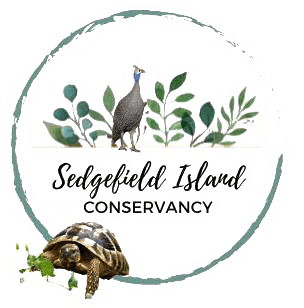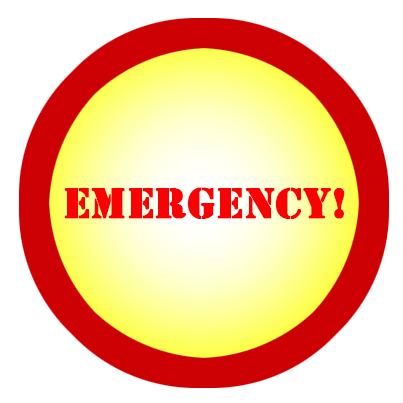Pest Control: Rodents
Southern Vlei Rat - Image © Colin Ralston
The Valuable Role of Rodents
Rodents play a crucial role in urban ecosystems. As prey species, they support a wide range of predators, including owls, snakes, and small carnivores. Their burrowing also helps aerate the soil, promoting plant growth and nutrient cycling. In some cases, rodents act as seed dispersers, contributing to the regeneration of plants.
Rats on The Island
We have three main species of rats here:
Black Rat or Roof Rat (Rattus Norvegicus): Often brown, known for chewing electrical wires and living in roofs. The black rat was originally thought to have spread the Black Plague in Europe in the 14th century. However, the plague spread to areas where there were no black rats, blowing that theory. It is now thought that gerbils from Asia were the culprits.
Brown Rat or Sewer Rat (Rattus Rattus): Common in cities, usually found in sewers or urban areas.
Southern Vlei Rat (Otomys irroratus): A locally indigenous species that lives in reed beds and fynbos areas. They’re herbivores, eating plants and spreading seeds, and playing a key role in the ecosystem.
Over the past 12-13 years, sightings on iNaturalist show:
In Sedgefield, we’re 8 times more likely to see Southern Vlei Rats than Black or Brown Rats.
Black and Brown rats are mostly found in the village centre, not the suburbs or wild areas.
Rats on The Island
An adult owl can eat hundreds of rodents in a year. A single poisoned rat can kill the owl. Using poisons that kill the predators makes no sense.
Rodenticides often contain anti-coagulants, which prevent blood clotting and cause internal bleeding in animals that ingest them. However, their impact extends far beyond their intended targets.
Rodenticides pose a serious risk to predators and scavengers that feed on rodents. For example, birds of prey like owls and hawks, as well as mammals like domestic cats, mongooses and genets, can suffer secondary poisoning when they eat poisoned rodents. This can lead to population declines in these predator species and, by implication, an increase in rats!
Even species such as thick-knees or guinea fowl, can suffer indirectly, e.g. owls dying leads to more rats than before, and rats are known to eat birds’ eggs, thus reducing the thick knee population.
Rodent bait boxes stop other species from directly accessing rat poison, but they do nothing to protect against secondary poisoning.
How to Manage Rats Without Harming Other Species
Southern Vlei Rats tend to stay in wild areas but may visit gardens, especially around compost heaps or piles of vegetation.
Black and Brown Rats are less common on the island and mostly found in the Village.
The Conservancy recommends that you have a wild area in your garden to provide a habitat for small wildlife and natural food for tortoises. Such an area may indeed attract rodents—I know we have mice in our wild area, but we have never had any in the house.
Keep your garden tidy. Remove piles of old vegetation to discourage them from coming in. If you have a compost heap, turn it frequently to disturb squatters.
Focus on managing waste and sealing entry points in buildings where they might enter. Do not leave food waste or leftovers in the open – this will attract pests, including rats.
By keeping gardens tidy and managing waste in urban areas, we can protect the valuable Southern Vlei Rat while controlling Black and Brown Rat populations.
Catch and Release
Poisoned rats die a horrible death, but rats and mice caught in traditional traps don’t do much better. These traps seldom kill instantly, leaving the animal to die a slow and horrible death.
A better and more ethical option is to catch rodents in a humane trap, a cage with food bait that makes it impossible for the rats to escape. The Conservancy has humane traps that residents can use—we will release the rats into the wild where they belong.
Looking after our Predators
Another way of keeping rodent populations in check is to encourage a healthy predator population. Owls, snakes and indigenous cats, such as genets and wild cats, should be encouraged. Domestic cats, on the other hand, are not a solution because of the damage these well-fed felines do to other pray species such as birds and reptiles.

Protecting our Natural environment whilst creating a better environment for people.
+27 (0)83 376 7846
Quick links
Follow us
Newsletter
Subscribe now to get our newsletter.
Created with © systeme.io




